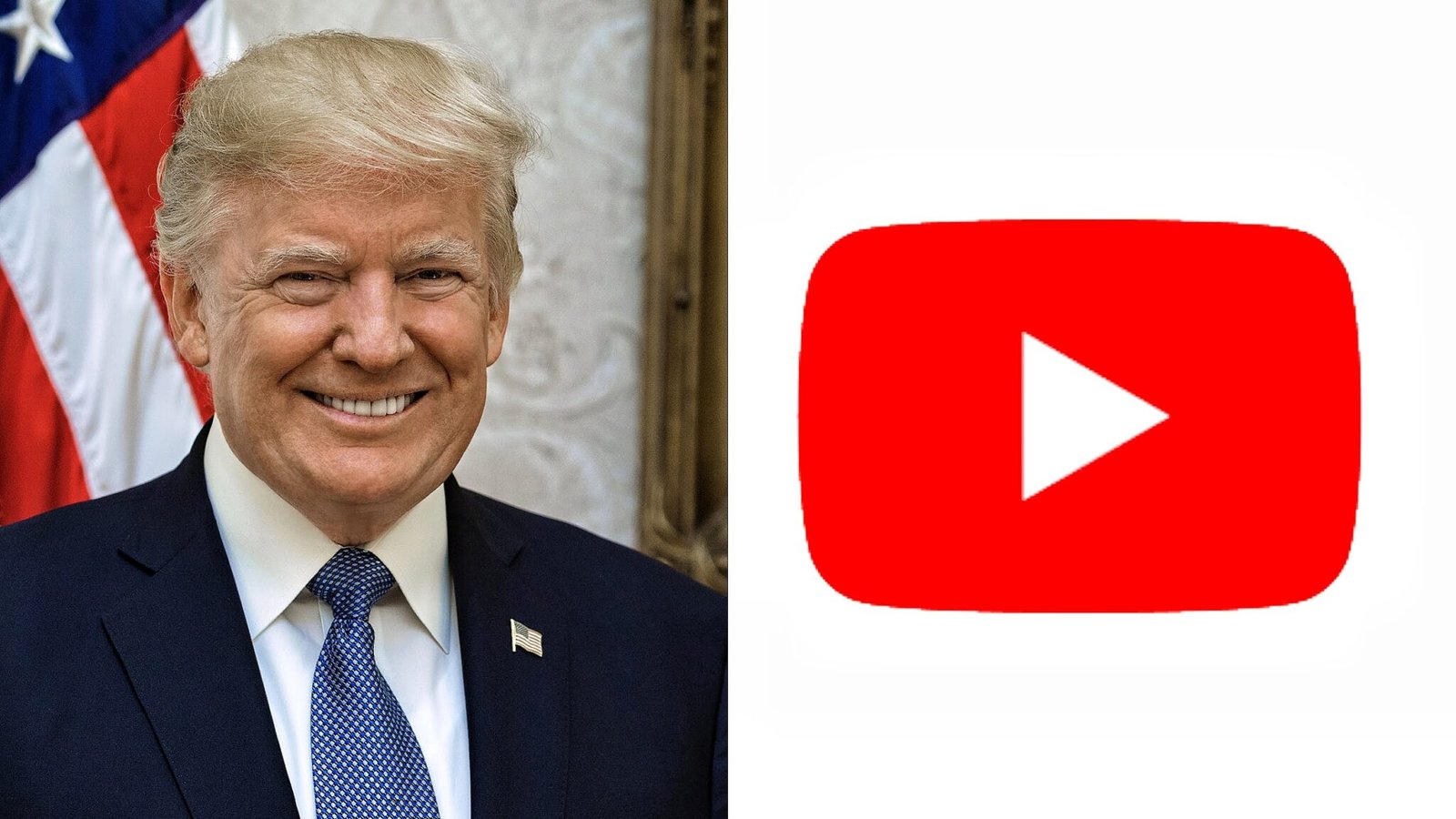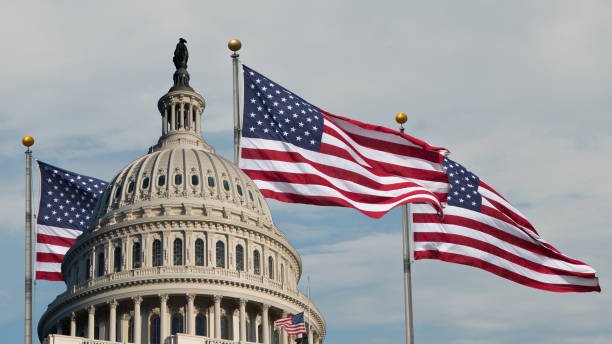YouTube has agreed to pay $24.5 million to settle a lawsuit brought by President Donald Trump.
The suit, originally filed in 2021, stemmed from the platform’s decision to suspend Trump’s account following the January 6 Capitol riots.
This settlement marks a rare instance where a major social media company has financially compensated a high-profile user over content moderation disputes.
The lawsuit accused YouTube, along with its parent company Alphabet (Google), of violating Trump’s First Amendment rights by suspending his channel.
Trump argued that the ban was politically motivated and constituted censorship. Similar suits were filed against other platforms like Facebook and Twitter (now X), but those were dismissed earlier.
The YouTube case persisted through appeals, leading to this out-of-court agreement.
The suspension occurred in the wake of the 2021 events at the U.S. Capitol, where YouTube cited violations of its policies against content that could incite violence.
Trump’s channel, which had amassed millions of subscribers, was reinstated in 2023 under new ownership guidelines, but the legal battle continued.
Details of the Settlement
Under the terms of the agreement:
– YouTube will pay a total of $24.5 million.
– A substantial portion, $22 million, is earmarked for the construction of a new ballroom at the White House, as directed by Trump.
– The remaining funds will cover legal fees and other related costs.
This unusual allocation of settlement funds to a public infrastructure project has raised eyebrows, with some critics questioning the precedent it sets for using private settlements to fund government initiatives.
YouTube’s spokesperson stated that the settlement allows the company to “move forward without admitting liability,” emphasizing their commitment to platform safety.
Reactions and Implications
President Trump hailed the settlement as a “victory for free speech,” posting on X (formerly Twitter) that it proves Big Tech’s accountability.
Supporters view it as a win against perceived biases in content moderation, while opponents argue it could encourage frivolous lawsuits against tech firms.
Legal experts note that this payout is modest compared to YouTube’s revenue but symbolically significant. It may influence future cases involving platform liability under Section 230 of the Communications Decency Act.
The settlement was announced on September 29, 2025, and is pending final court approval. As tech platforms continue to navigate political pressures, this case underscores the evolving landscape of online speech regulation.





















